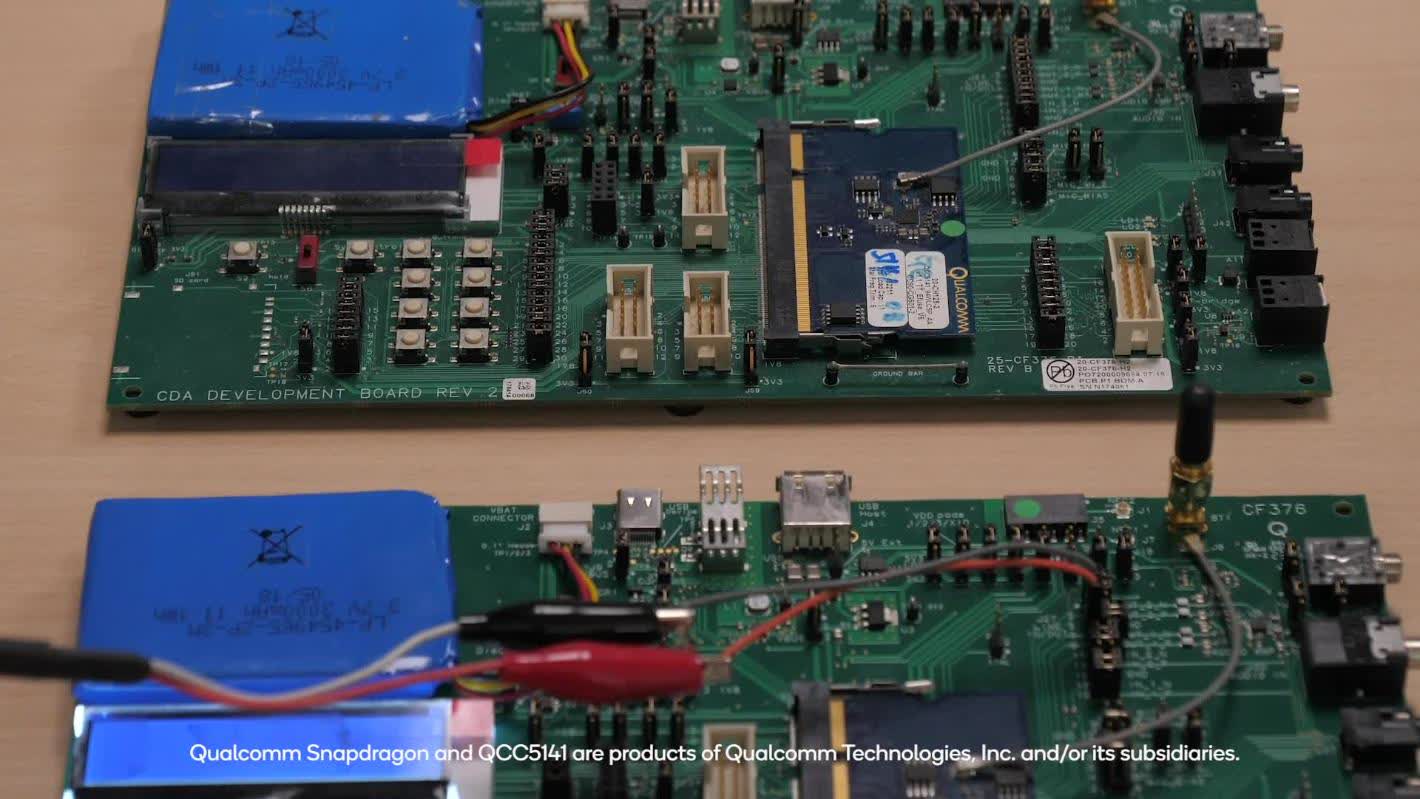In brief: Qualcomm wants to boost wireless sound quality on a variety of products that utilize Snapdragon chips, so it's combining its hardware and software technologies under a unified branding called Snapdragon Sound. The company aims to make it easier to shop for a great wireless audio experience that is more seamless and integrated across a range of equipment.
Qualcomm's latest effort aims to tackle one of the biggest consumer complaints in wireless audio. Throughout the years, the company has pushed for the adoption of its proprietary aptX codec and its derivatives, which are designed to reduce latency and improve sound quality delivered through wireless audio products like headphones, speakers, and soundbars.
This approach has worked to some degree, but with the rise of wireless earbuds and smart speakers, it can be hard for an average consumer to discern between the many options available. In order to solve that, Qualcomm is launching a new branding initiative called Snapdragon Sound, which should in theory make it easier to find audio products that incorporate a great audio experience and end-to-end interoperability with other devices that feature the same branding.
Qualcomm says the new certification will ensure your wireless devices will work more like those found in "vertically integrated ecosystems" like that of Apple or Samsung.
One way that Snapdragon Sound will help is that it certifies that a device is capable of Bluetooth latencies as low as 89 milliseconds, which should bring the experience closer to what you get with wired audio. This is especially useful for wireless gaming headsets, as Qualcomm claims that's less than half the latency of competing solutions. But more importantly, the company promises its end-to-end optimizations will lead to more robust connectivity with fewer dropouts even in congested RF environments, such as trains, subways, and shopping malls.

Test boards featuring Qualcomm's QCC51xx Bluetooth Audio chips
The typical technology chain will involve the Snapdragon 888 mobile platform, the FastConnect 6900 system, the Qualcomm Aqstic codec and amp, the Qualcomm QCC 3056/514x/515x Bluetooth audio SoCs, as well as the Snapdragon Sound software stack, which includes the company's aptX adaptive audio codec.
Other improvements promised by Snapdragon Sound are active noise cancellation, support for 24-bit 96 KHz audio output, and better voice capture that includes frequencies up to 16 KHz and a sampling rate of 32 KHz. Qualcomm is currently promoting Snapdragon Sound through Amazon Music, which has supported lossless streaming since 2019, with similar offerings expected from Tidal and Spotify soon.
On the downside, while current devices from brands like Sennheiser, Audio-Technica, Anker, Bose, and Jabra may feature some of the necessary components, only new equipment will be certified for the Snapdragon Sound experience. Xiaomi and Audio-Technica are expected to be the first partners to deliver Snapdragon Sound-branded earbuds and headsets later this year. Qualcomm also plans to put the Snapdragon Sound badge on other products in the near future including laptops, tablets, smartwatches, and augmented reality glasses.